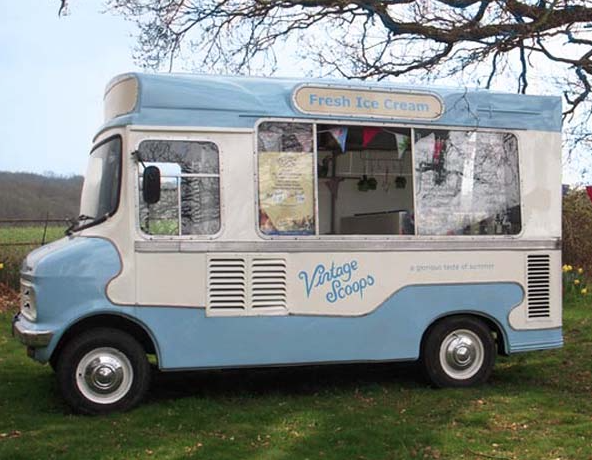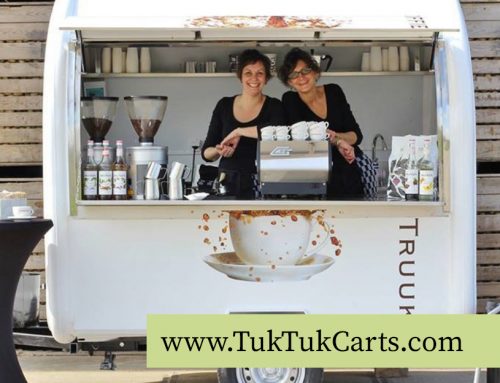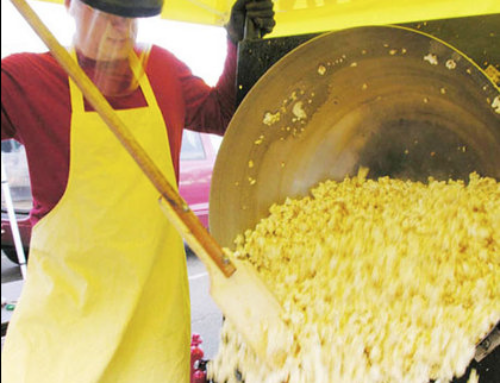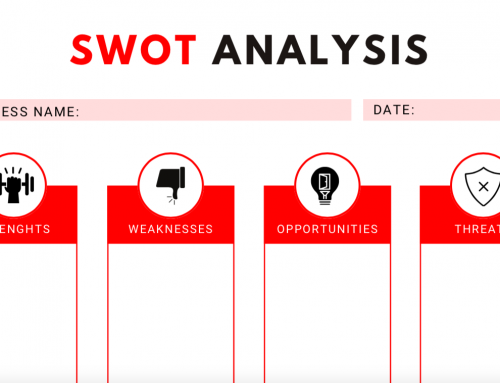Podcast: Play in new window | Download | Embed
Subscribe: RSS

Scott Horvath of JSL Financial
Today we sit down with Scott Horvath of JSL Financial Scott was referred to me as someone that has helped a lot of folks secure financing needed to start their own food businesses even if they had been rejected for a loan elsewhere. Obtaining that initial loan of funding is daunting for any kind of startup business without a long history of revenue or existing assets, not just food trucks or other general food businesses.
Since acquiring that initial chunk of capital is such a common challenge for would-be food vendors, I wanted to get Scott on the phone to share his insights on how you can improve your odds of getting approved for a loan even if you’re just starting out. We will also be outlining the things that banks look at when evaluating your loan to help educate you about the process. By the end of this episode, you will have a much clearer understanding of the loan approval process and the specific things you can do to get funding for your business.

Frequently Asked Questions Answered in the Podcast
Why is it difficult for food startups to get a loan?
For any new business is hard to get a loan approved, not just food businesses. It’s a challenge for banks to approve loans on a new business that might not succeed. If you’re just starting out the banks are going to look at your personal credit history and assets to determine if you are a worthy party to lend to.
What can entrepreneurs do to make themselves appear more credit worthy to lenders?
Lenders want to see assets and a great financial background. A lot of people think that having a solid credit score above 700 will be enough, but that’s not the only thing banks will look at. They are also looking for any assets that you can borrow against such as a home or automobile that you own. Banks want you to have something of value in your name. In general, the more items you have in the asset column the better.
This is not to say that a good credit history won’t help. This is something banks look at. But demonstrating an ability to manage credit well is not the only factor being considered.
Finally, the majority of banks will also ask to review a business plan that demonstrates the revenue expectations and a budget for repaying the loan with profits over time. The business plan will help articulate your plans for operating a successful business and also proves that you’re serious about starting this a food business. Most folks won’t take the time to write an actual business plan so this is an easy way to weed out people that aren’t serious.

Photo Credit: Pinterest
If you already operate a business that’s generating a profit (like a restaurant or food truck) is it easier to get a loan?
If you already own a revenue generating business, it will be much easier to get a loan. Typically these kinds of loans are approved very quickly. You will be asked to provide tax returns and bank statements from the business as proof to show you will be successful.
In addition to tax returns and income statements, the length of time you’ve operated the business is also critical. If you have operated the business for less than 2 years, this is technically still categorized as a “startup” to lenders and getting a loan will be harder for that reason even if you demonstrate great profits.
What are some tips for securing a business loan if you’ve been denied in the past?
The key really is that you must have something on the line. You need to have some type of collateral or something of value that a bank can take from you if you happen to default on the loan. Collateral translates to an acceptable degree of safety for the bank or lender.
Some ways to increase the level of safety for a bank include the following:
- Make a larger down payment. A larger down payment from you up-front means less risk for the bank in the future. A 30% down payment is a typical for a new business with an owner that has a solid credit history. If you are in the higher risk category you may need to put up 50% of the overall loan amount up front. If you need to make a larger down payment, getting an SBA loan through your existing bank has been a viable option for some startups.
- Get a Co-Signer. A co-signer is someone that signs a loan with you and assumes responsibility for the loan if you aren’t able to repay the bank. If you are not able to repay the loan personally, the bank will go after the co-signers assets for the loan amount. Be careful before having someone co-sign a loan for you as the relationship with this person could be impacted if you aren’t able to repay the loan.
What is the application process like for getting a business loan?
You can start the application process for a food truck or other food business startup here. This form will take approximately 10 – 15 minutes to complete and asks some basic information about the business you operate and the amount of funding you require. You will typically get a response on the same day or next business day after submitting the application.
Any parting tips or pieces of advise about getting a business loan approved?
Don’t get discouraged if you’ve been denied a loan in the past. This happens! It’s not easy for a bank to lend out $100,000 for a brand new business. If you are determined to start a business, you will find a way. If you are denied the initial loan request, we can help you explore options for securing the financing you need.




